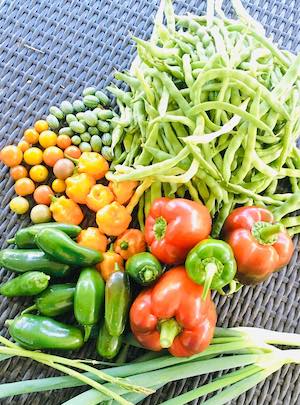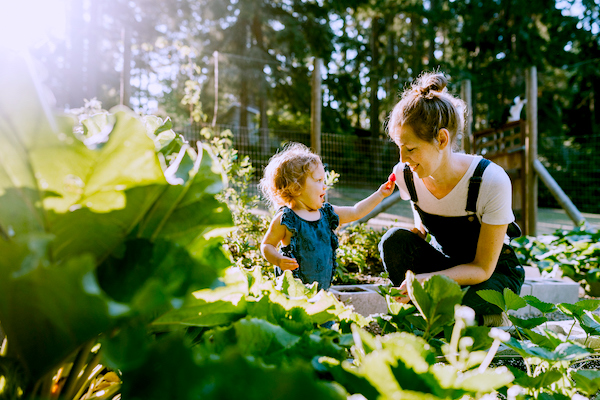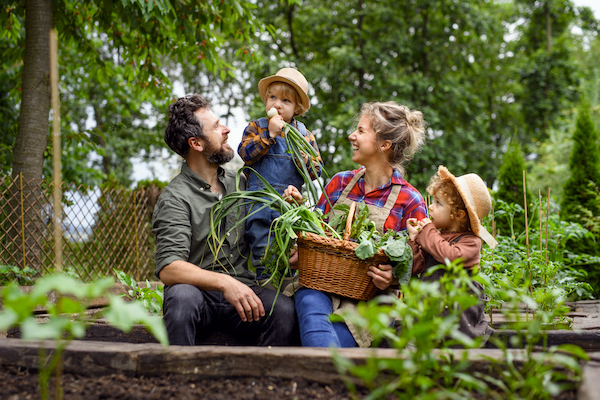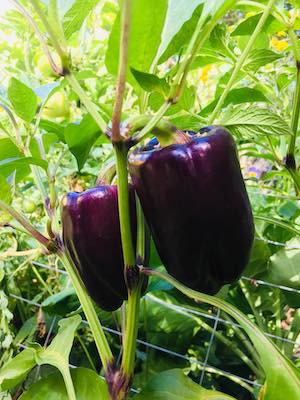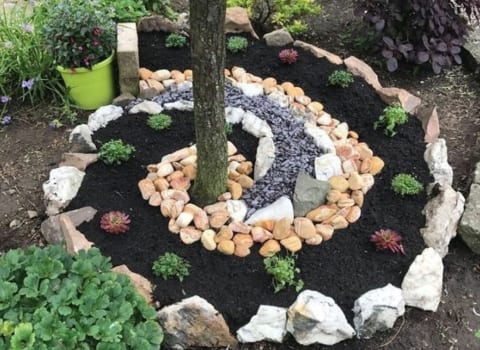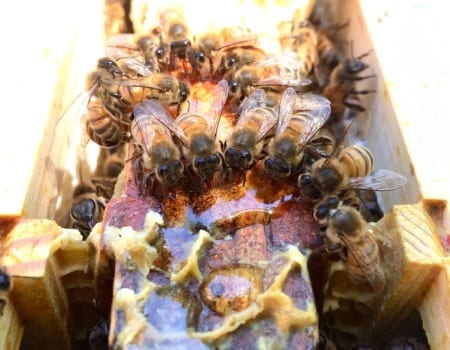Healthy Organic Gardens
Why grow organic?
Growing your garden according to organic methods is better for you, your community, and the environment. Organic gardeners depend on natural amendments, cultural practices, and biological processes for success in the garden and far away from GMOs.
Organic gardens produce the most nutritious food. The best organic garden depends on rich, vibrant living soil (rather than chemical plant food) to have full flavor, healthy vegetables, and fruits. These organic soils are mineral-rich and nutrient-dense, providing the most nutritious food possible for your family.
Organic gardens are beneficial, rather than harmful, to water, soil, wildlife, and people. The absence of synthetic chemical fertilizers, pesticides, and fungicides in organic gardens makes them safe places for bees to work, birds to forage, and children to play.
Organic gardens can be cheaper to maintain. Many easy, safe organic remedies for pests and weeds rely on recycled materials and homemade sprays. When you try to mimic nature in the way you nurture and protect your garden vegetables, you will gradually learn how the natural world functions. The wise ways of plants, animals, insects and other garden friends will amaze you and inspire your success in producing food.
Organic gardens combat climate change. That’s right. Carbon in the soil, known as soil organic matter, is beneficial to soil structure and helps the soil support abundant plant life. Healthy soils, nurtured over time using organic methods, are natural storage sinks for atmospheric carbon.
